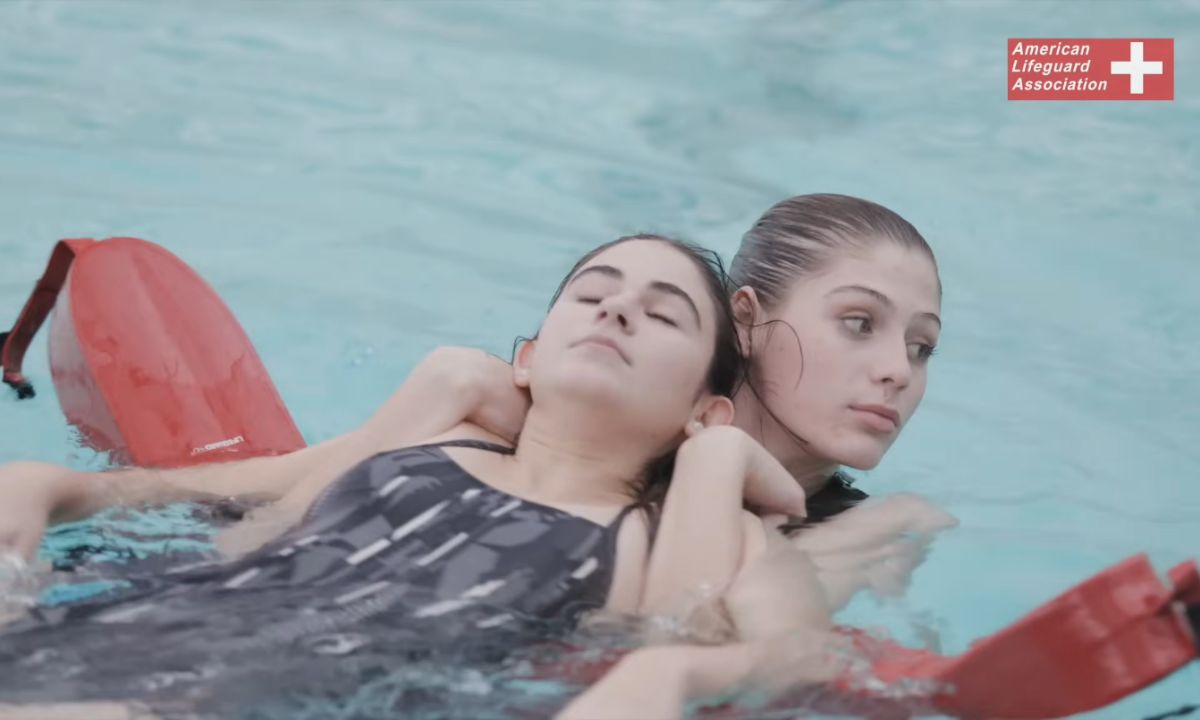A water crisis leaves every second valuable. As lifeguards, you might mean the difference between a narrowly missed call and a disaster with your quick and efficient response. That’s why recertification of lifeguards is a lifeline rather than just a need. Whether you are new to the stage or a seasoned expert, frequent skill review guarantees you are always ready for the unforeseen.
Aquatic safety is a field in constant change; new studies enhance first aid criteria, CPR methods, and rescue approaches. Without continual instruction, even the most seasoned lifeguards may lag. That’s where lifeguard recertification comes in: sharpen your emergency response by reinforcing vital skills, introducing modern protocols, and keeping it current. Leading training that satisfies current industry standards is mostly provided by organizations like the American Lifeguard Association (ALA).
This article will discuss what fundamental abilities need refresher training, why lifeguard recertification is so important, and how keeping current would improve your performance as a first responder.
Regular Recertification’s Psychological Advantages
Beyond the clear pragmatic benefits, lifeguard recertification offers vital psychological advantages that are sometimes neglected. The most priceless asset of a lifeguard is confidence; when an emergency happens, hesitation might be fatal. Consistent training strengthens muscle memory, guaranteeing your responses become automatic.
Recertification also fights laziness. Even the most alert lifeguards could relax their scan patterns over time or develop unconscious prejudices. The recertification process reminds guards to remain vigilant and reinforces the value of their work by acting as a reset button. Research has found that lifeguards who go to regular training shows:
- Simulated emergencies provide quicker response times.
- Improved decision-making under stress
- Better collaboration in multi-guard rescues
Lifeguards can keep both their skills and their lifesaving attitude at maximum levels by viewing recertification as a chance instead of a duty.
Why Lifeguard Recertification is Essential
In water accidents, lifeguards are our first line of defence. Skills can erode with time, though, and fresh rescue method developments appear. Recertification guarantees lifeguards:
- Stay Current with Best Practices – CPR, first aid, and rescue protocols are continually updated. Recertification guarantees that lifeguards follow recent directions from groups like the Red Cross and the American Heart Association.
- Keep Physical Readiness: Lifeguarding calls for endurance and strength. Regular recertification exams help to guarantee that guards are able to carry out rescues successfully.
- Refresh Critical Decision-Making Skills: Quick thinking is essential in high-pressure circumstances. Recertification strengthens emergency response techniques and situational awareness.
- Most businesses require every certification; thus, comply with employment criteria. Recertification would mean lifeguards could lose their employment eligibility.
Key Skills Reinforced During Lifeguard Recertification
- CPR and First Aid Updates
As fresh study results develop, CPR methods evolve. Participants go over during lifeguard recertification:
- Current AHA recommendations on compression depth and rate
- Usage of automated external defibrillators (AEDs)
- Management of obstructed airway (for infants, children, adults)
Organizations like the American Lifeguard Association guarantee that these abilities are applied in practical situations, therefore boosting retention and trust.
- Techniques of Water Rescue
Revisiting fundamental rescue techniques including these can help even seasoned lifeguards:
- Active vs. passive victim rescues
- Spinal injury management (in-line stabilization techniques)
- Utilization of rescue tubes, boards, and other tools
To guarantee lifeguards can respond quickly and effectively, recertification courses typically include timed drills designed to mimic actual crises.
- Surveillance and Preventive Techniques
Effective surveillance helps to prevent drownings. Recertification reinforces:
- The 10/20 protection rule (reaching a victim within 20, scanning areas every 10 seconds)
- Recognizing distressed swimmers vs. active drowners
- Evaluation of patron behaviour and crowd control
- Legal and Ethical Responsibilities
Lifeguards have legal obligations they must be aware of:
- Risks of liability and negligence
- Documentation of events
- Laws governing Good Samaritans
Recertification helps lifeguards to be aware of legal standards, therefore safeguarding their employers and themselves.
How Often Should Lifeguards Recertify?
Renewal every one to two years is required for most credentials, including those from the American Lifeguard Association. Annual recertification for ongoing employment may be required at some facilities.
Leading in lifeguard training, the American Lifeguard Association (ALA) provides thorough courses that industry standards match. The emphasis of their lifeguard recertification courses is on:
- Practical skill evaluations
- Training rooted in scenarios
- Flexible learning choices include blended formats and in-person ones.
Lifeguards guarantee they get current, high-quality training by selecting a respected provider such as the ALA.
Instructions for Perfecting Your Lifeguard recertification
- Early Course Review CPR, first aid, and rescue methods will help you to refresh your knowledge.
- Stay in shape; lifeguarding calls for endurance. Regular swimming and weight lifting aid.
- Engage in simulated rescues with colleagues to develop muscle memory.
- Instructors can address uncertainties regarding fresh procedures or methods.
Final Word
Lifeguard recertification is more than just a formality; it is critical for maintaining the best level of water safety. By doing frequent skills refreshers, keeping abreast on best practices, and training with reputable organizations like the American Lifeguard Association, lifeguards ensure they are always ready to save lives.
Whether you are due for renewal or considering a lifeguarding job, give recertification first priority to keep alert, confident, and capable in your work. Given everything, your training makes all the difference when seconds count.
ALSO READ: Statekaidz.com: A Comprehensive Guide to the Ultimate Online Learning Platform

